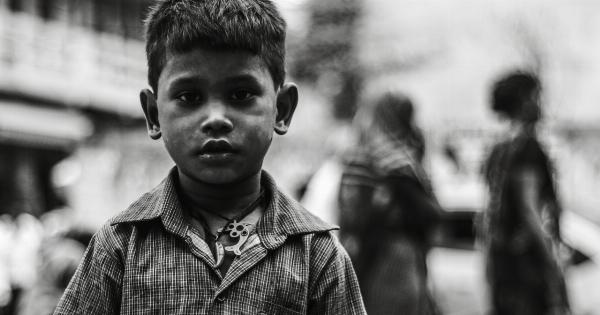Forgiveness is a powerful emotion. It is something that is important for everyone to learn, but especially for children. Kids need to learn how to forgive in order to move past the hurt and anger that they may feel.
Learning about forgiveness is also a way for kids to develop empathy and learn about kindness, compassion, and respect. In this article, we’ll explore some of the ways that kids learn about forgiveness and how parents and caregivers can help them develop this critical emotion.
What is Forgiveness?
Forgiveness is the act of letting go of anger, hurt, or resentment towards someone who has wronged us. It is a choice, and it involves releasing negative feelings and emotions that can consume us.
Forgiveness is not about forgetting what happened or excusing the behavior of others. It’s about acknowledging the hurt and taking steps to move past it. Forgiveness can be difficult, but it’s essential for our mental health and well-being.
Why is Forgiveness Important for Kids?
Forgiveness is particularly important for kids because they’re still learning about emotions and how to handle difficult situations. Children who learn how to forgive are more likely to develop healthy relationships with others.
When kids know how to forgive, they’re less likely to hold grudges and more likely to approach conflicts in a non-threatening way. Forgiveness can also help children learn about compassion and empathy, and the importance of kindness and respect towards others.
How Do Kids Learn About Forgiveness?
There are many ways that kids can learn about forgiveness. One of the most important is through modeling. Parents and caregivers who show their kids how to forgive by forgiving others themselves are setting an example for their children to follow.
Kids also learn about forgiveness through stories and books. Reading books about characters who forgive can help children understand the concept of forgiveness and how it can help them move past hurtful situations.
Kids also learn about forgiveness through their own experiences. When kids experience hurt or betrayal, it’s an opportunity for parents and caregivers to teach them about forgiveness.
Parents can acknowledge their child’s feelings and help them come up with strategies for letting go of anger and resentment towards others. Giving kids a chance to express their emotions in a safe and supportive environment can help them move through the process of forgiveness.
How Can Parents Help Kids Learn About Forgiveness?
Parents can help their kids learn about forgiveness in several ways. Here are some tips:.
- Model forgiveness yourself. When your child sees you forgiving others, they’ll be more likely to follow your lead.
- Read books and stories about forgiveness. Reading about characters who forgive can help kids understand the concept and how it can help them move past hurtful situations.
- Encourage your child to express their emotions. When your child experiences hurt or betrayal, listen to their feelings and provide support and validation.
- Help your child come up with strategies for forgiveness. This could include writing a letter, using positive self-talk, or practicing relaxation techniques.
- Teach your child about empathy and kindness. When kids learn about the feelings of others, they’re more likely to understand the importance of forgiveness.
What Can Schools Do to Teach Forgiveness?
Schools play an important role in teaching children about forgiveness. Here are some ways that schools can help kids learn about this important emotion:.
- Include forgiveness in character education programs. Many schools have programs that teach children about character traits such as honesty, respect, and kindness. Including forgiveness as a character trait can help kids learn about its importance.
- Teach conflict resolution skills. When kids know how to resolve conflicts in a peaceful and respectful way, they’re more likely to forgive and move past hurtful situations.
- Encourage empathy and understanding. When kids learn about the feelings of others, they’re more likely to understand the importance of forgiveness.
- Provide support and counseling services. When children experience trauma or hurtful situations, it’s important that they have access to support and counseling services to help them process their emotions and feelings.
Conclusion
Forgiveness is a powerful emotion that is essential for everyone, but especially for children who are still learning about emotions and how to handle difficult situations.
Kids learn about forgiveness through modeling, stories and books, and their own experiences. Parents and caregivers can help their children learn about forgiveness by modeling forgiveness themselves, reading stories about forgiveness, encouraging their child to express their emotions, and teaching their child about empathy and kindness.
Schools can also play an important role in teaching children about forgiveness by including it in character education programs, teaching conflict resolution skills, and providing support and counseling services.






























